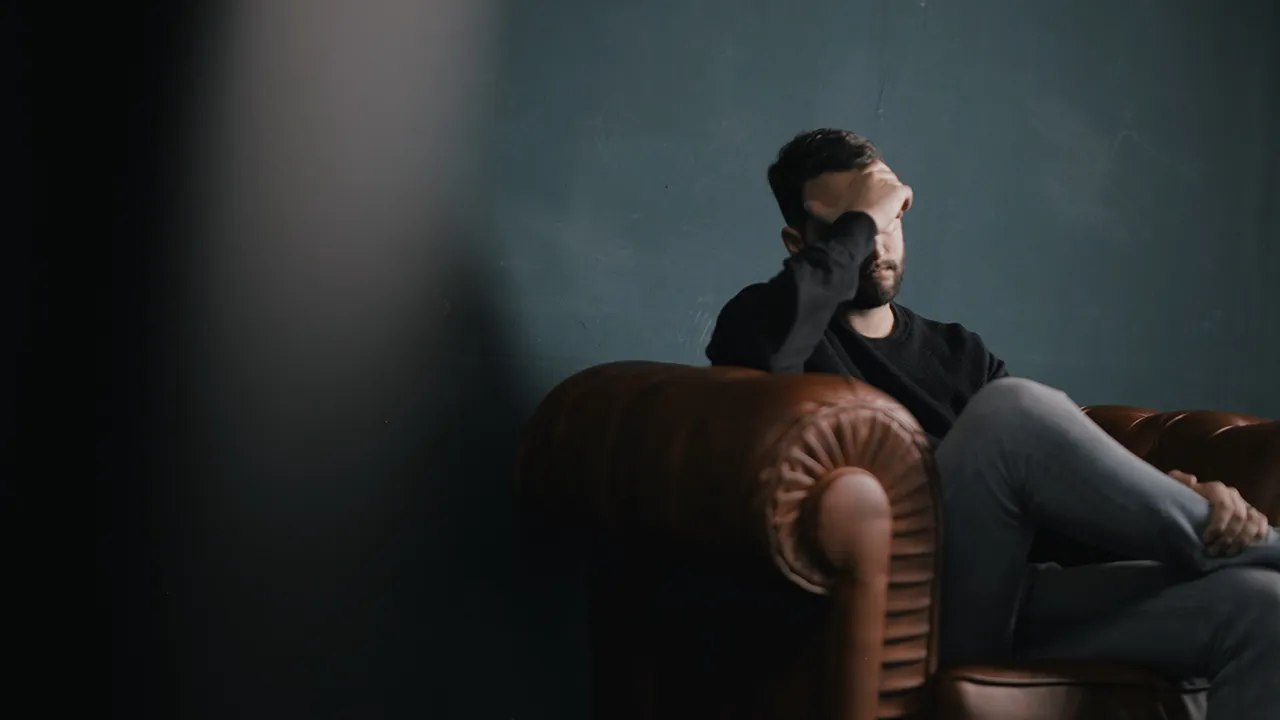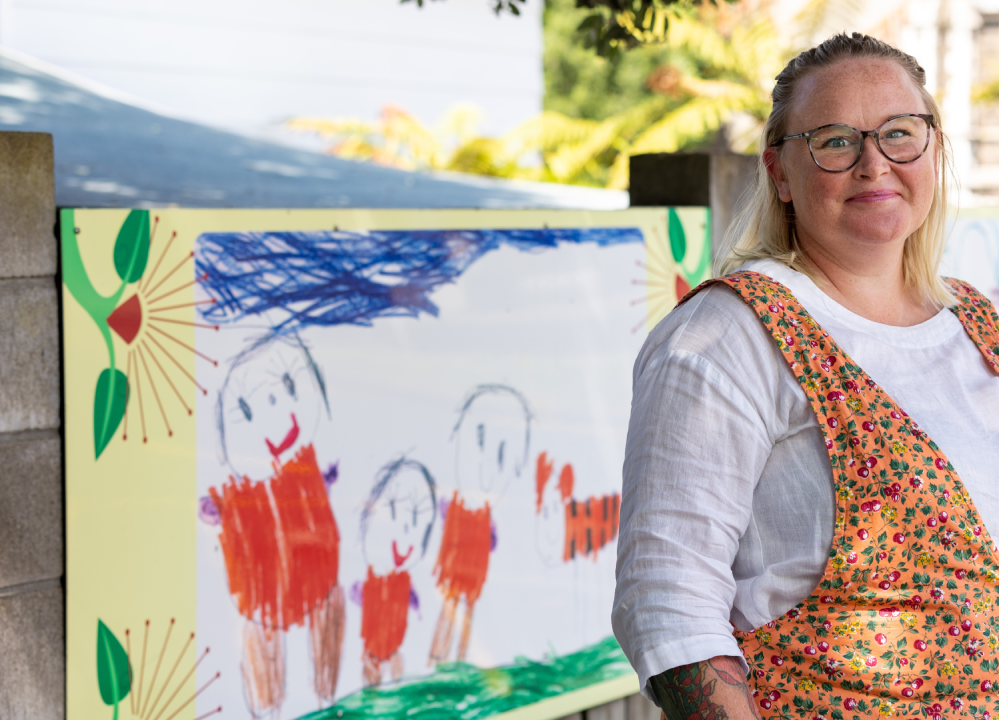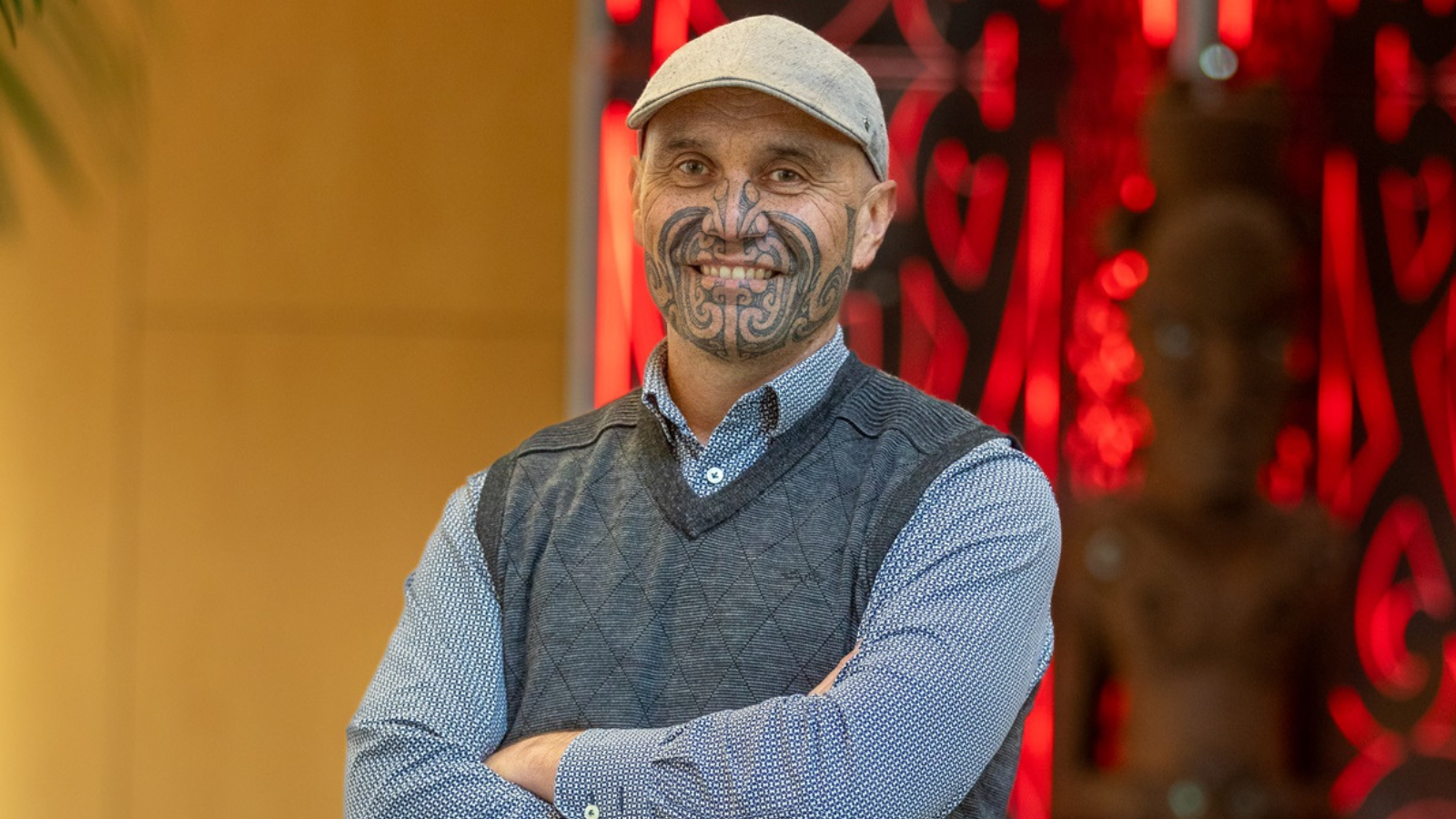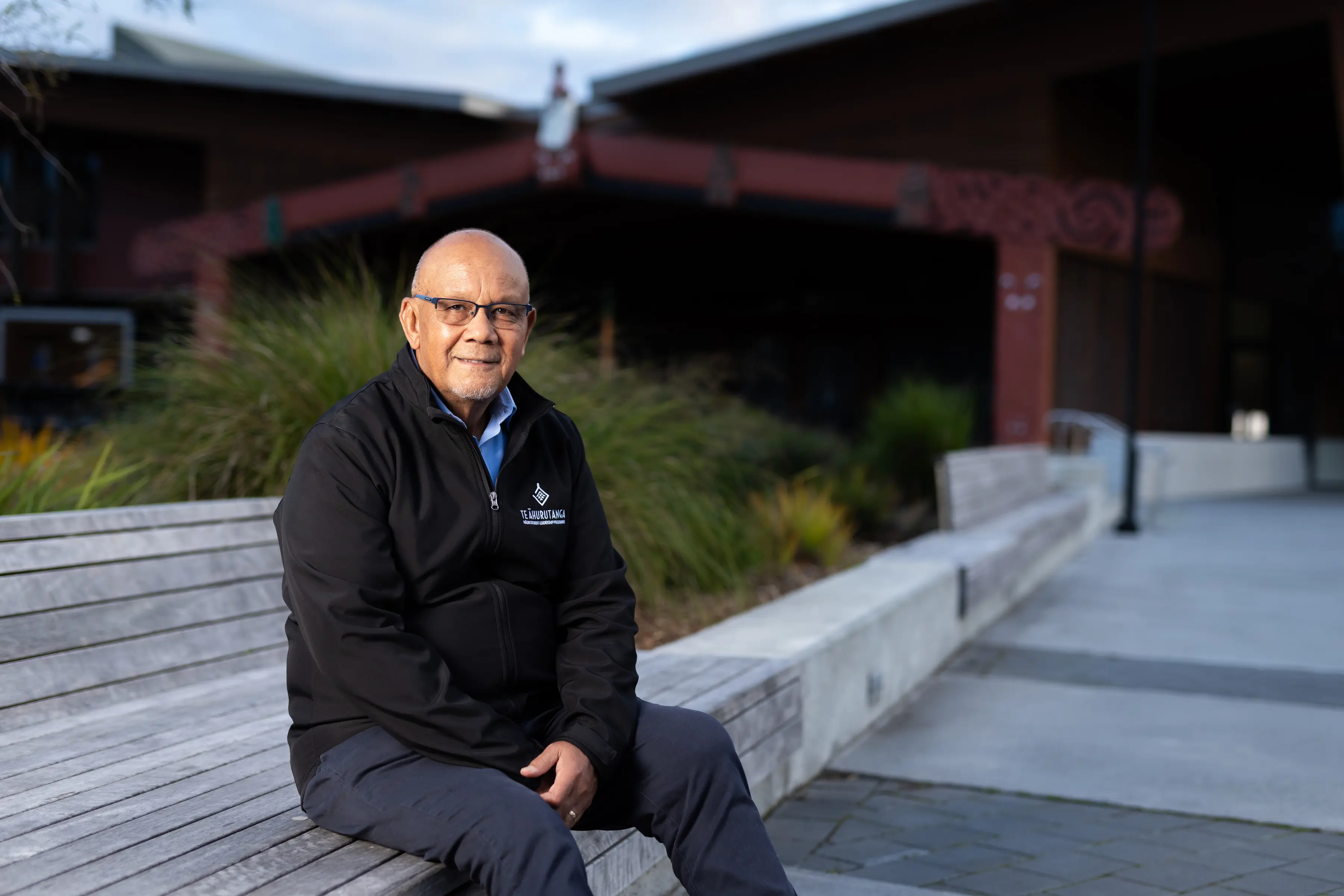New Zealand-led research on entrepreneurial well-being highlights that owning and managing a business has greater wear and tear on the body's inflammatory, metabolic and cardiovascular systems – and the Covid-19 pandemic is making business owners even more worse off.
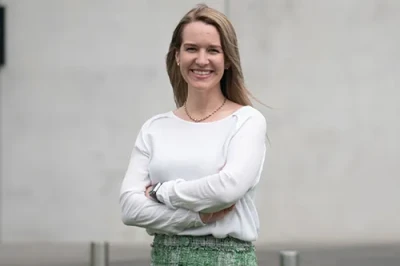
Dr Amanda Williamson from Waikato Management School is an expert on entrepreneurial health and well-being.
“Running a business tends to involve long hours, uncertainty, resource constraints and a high workload,” says Dr Amanda Williamson, a lecturer in innovation and strategy at the University of Waikato.
“Pandemic-related lockdowns in New Zealand and abroad have also seen a lot of jobs moving out of the office to working remotely from home, which for many people has led to even longer working hours and more stress than ever before,” she adds.
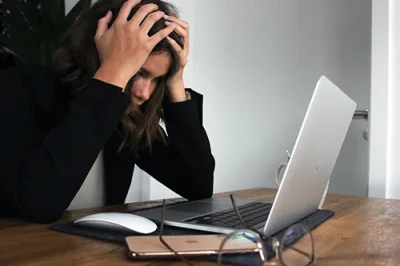
Continuous stress can have a negative effect on the body and mind of business owners.
She says this approach to work where people are generally ‘always on’ has devastating effects on the body and mind in the long run.
“Yet research shows that most of the harmful effects of intense and ever-expanding work can be significantly reduced through what we call ‘the three Rs’ – respite, reappraisal, and regimen.”
Dr Williamson explains that by engaging in the three Rs, business owners can help recharge from work, and boost their productivity and well-being.
Respite requires breaking away from work for both tangible and mental relief, such as going for a walk, enjoying nature, socialising with friends, listening to relaxing music, or taking time to practice meditation and mindfulness
Reappraisal involves changing your own perceptions of a stressful situation through cognitive behavioral therapy, stress regulation techniques, or keeping a gratitude diary of positive reflections.
Regimen includes adding structure to your daily routine through exercise routines, taking micro-breaks of 5-10 minutes between tasks, and better sleep hygiene.

Taking time for respite, reappraisal and regimen - including planned time in nature - can reduce the harmful effects of being an entrepreneur.
Dr Williamson said she welcomed the opportunity to share the research paper, which was published in the November print edition of Entrepreneurship Theory and Practice, a world-leading Financial Times Top 50 ranked academic journal.
She teamed up with J. Jeffrey Gish, Assistant Professor of Management at University of Central Florida, and Ute Stephan, Professor of Entrepreneurship at Kings Business School, Kings College in London to lead this research.
Some business owners can find it difficult to recharge, particularly during stressful times when demands are urgent, said Dr Williamson.
“It can be really hard for business owners to mentally disconnect from work, yet if they can disengage – especially during stressful times – this not only benefits their long-term health, it also makes them more effective, creative and charismatic. In other words, it can provide a competitive edge in business.
“While it’s not always easy to recharge, more autonomous and remote work gives us greater freedom than ever before about when and how we work. The time is nigh to use this autonomy to intelligently craft work in a health-promoting manner,” she adds.
Dr Williamson’s research speciality is the health of entrepreneurs and artificial intelligence. She received her doctorate at the University of Sheffield in the UK. Her thesis explored the dark side and the downside of entrepreneurship.
Dr Williamson's research supports the University of Waikato's commitment to the United Nations Sustainable Development Goals, including Good Health and Well-being (SDG#3).
